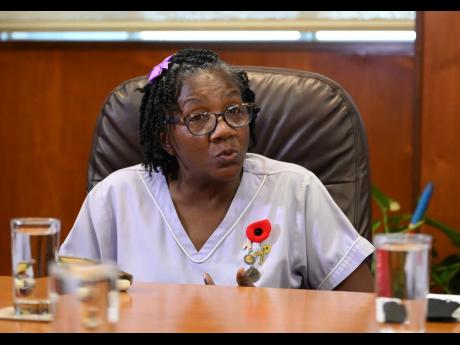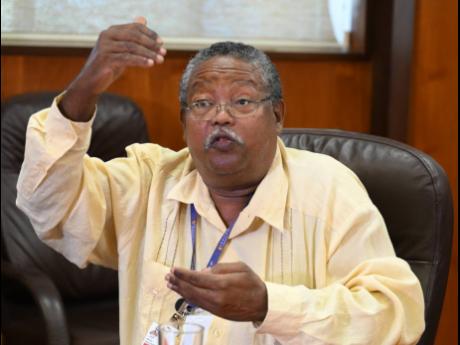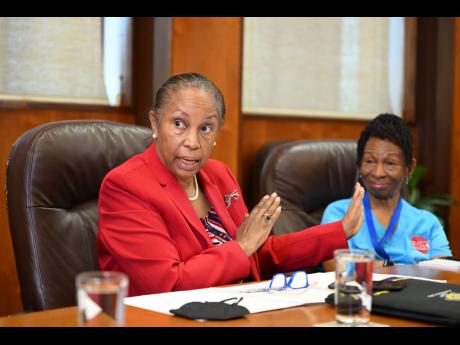Standards crisis driving patient-care aides underground
The absence of a designated body to regulate the allied health worker sector has driven hundreds of Jamaican practical nurses and patient-care personnel underground in North America, an issue stakeholders have argued could have grave consequences...
The absence of a designated body to regulate the allied health worker sector has driven hundreds of Jamaican practical nurses and patient-care personnel underground in North America, an issue stakeholders have argued could have grave consequences for the island’s reputation.
Additionally, the lack of regulation has limited the potential of the industry as a source for the exportation of health practitioners because training does not meet international standards.
President of the Practical Nurses Association of Jamaica, Stephanie Powell, argues that there is a brewing market locally and internationally for Jamaicans in the field but said opportunities are missed because the sector is unchecked.
There are at least five practical nursing schools in Kingston operating without the necessary certification. The number across the island is unknown.
“People are always calling the association, wanting to make sure that they can go overseas. They want to register, and I’m always directing them to the Ministry of Labour because I don’t have the authority to say, ‘Yes, we’re going to send you abroad,’” Powell said during a Gleaner Editors’ Forum at the newspaper’s Kingston offices Wednesday.
“I’ve seen others who have gone, but when they’ve left Jamaica, they’re always working under the table,” she added.
She said this has resulted in Jamaicans being underpaid often because of their illegal status.
They have also lost benefits and their visas in the process, Powell said.
Dr Steve Weaver, former head of the University of the West Indies School of Nursing, has called the potential to export allied workers “unimaginable” but says that the Nursing Council of Jamaica (NCJ) must be given oversight of the sector.
He insists that the country’s nursing sector is not “geared appropriately” to support institutions that focus on allied health workers for export into North American and European markets.
Weaver said while the NCJ legitimises the country’s nursing fraternity to practise, it has no power over practical nurses and other health workers.
“The Nursing Council has absolutely no jurisdiction, control, support for allied workers. Without that kind of institutional support, who is going to go into that institution to ensure that they are [licensed]? Who is going to check to see whether the curriculum material that they’re using is in keeping with all the other institutions?
“Who is to say that once we have somebody trained as an allied worker that that person is on par with another school? Who is going to provide that umbrella? That is supposed to be the Nursing Council, and if that doesn’t happen it creates a problem,” Weaver said.
He stressed that there must be regulation to protect the reputation of the country.
Dr Leila McWhinney-Dehaney, chair of the NCJ, could not immediately comment on the matter when contacted by The Gleaner.
Weaver said that The UWI’s nursing school has the capacity to build career paths by taking allied health workers up the ladder through affiliate schools.
“We would be protecting our people here in Jamaica, and we would be protecting our reputation when we send them overseas,” Weaver said.
Dr Carolyn Hayle, former executive director of HEART, has said that one fix to the problem lies in connecting the dots of the tourism export industry.
Hayle, a workforce development consultant, has suggested using allied health workers to feed the local and international tourism sectors.
She pointed to the Strategic Management and Training Consultants Ltd (SMTC), which trains persons for the allied health worker field in accordance with international standards, as a model institution.
“So we don’t have to be creating an environment where people need to run off and work under the table. ... Looking at tourism as an export industry, looking at the myriad of opportunities and health and wellness occupations under that and some of the new products, we could create here and offer it for the rest of the Caribbean and the rest of the world.
“There would be many more opportunities for people to work legitimately,” Hayle said.



